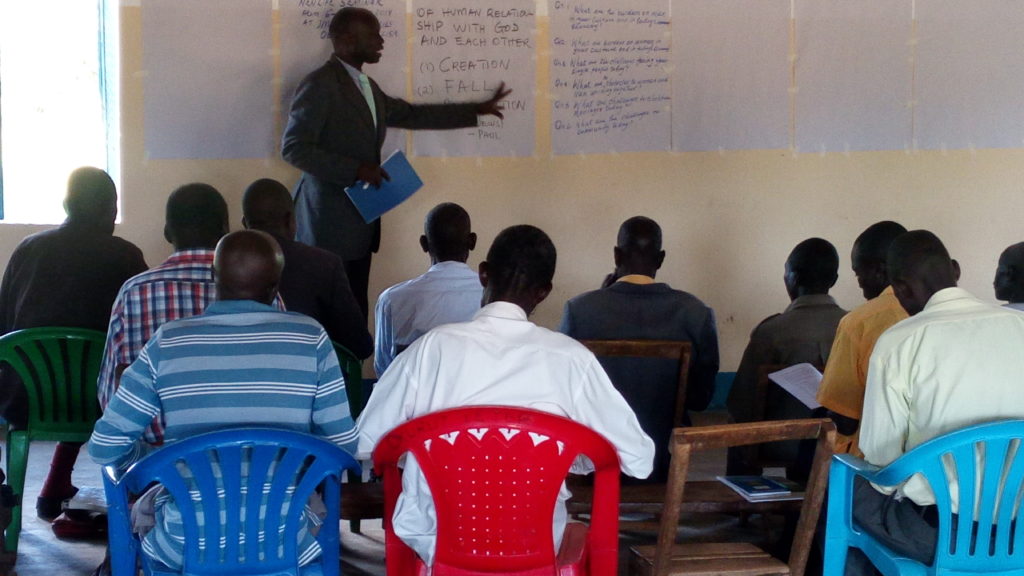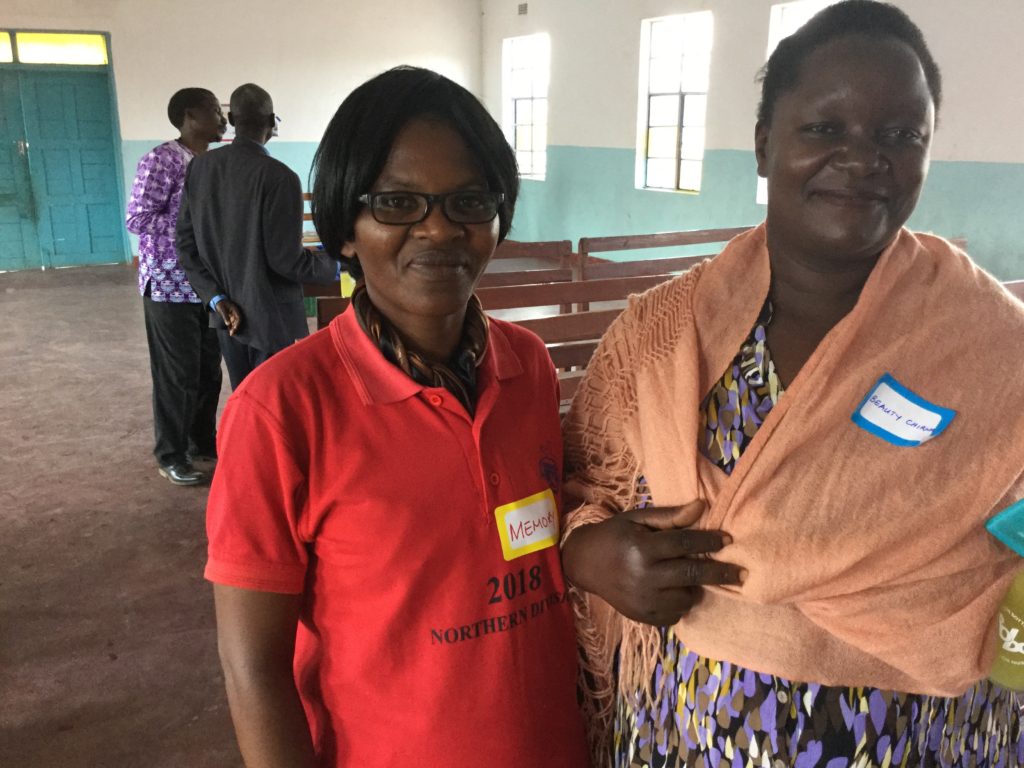When we facilitate seminars, one of the most profound discoveries participants make is around the idea of “the Curse.” Churches around the world believe and teach that part of the “fallout from the Fall” is that women are cursed. The actual biblical text counters that idea, as we’ll see in today’s excerpt from our study, Face to Face.

Believing you (or your gender) are cursed is bad enough, but in cultures where witchcraft is practiced (like Africa, India and Haiti), being cursed is much more devastating. Believing that women are cursed justifies any use or abuse, because being cursed means that she is not entitled to any better treatment. Women are regarded in some cultures as the source of all evil, and the prevailing sentiment is that even God wants women to suffer. Her role is to work and to produce children.


The passage below, Genesis 3:14-19, is often referred to as “the Curse.” As you read this passage, look carefully for where the word “cursed” is used.
14 So the Lord God said to the serpent: “Because you have done this, You are cursed more than all cattle, And more than every beast of the field; On your belly you shall go, And you shall eat dust all the days of your life. 15 And I will put enmity between you and the woman, And between your seed and her Seed; He shall bruise your head, And you shall bruise His heel.” (emphasis ours)
16 To the woman He said: “I will greatly multiply your sorrow (in Hebrew, ‘itsabon. This word could also be translated “sorrowful or painful toil”) and your conception; In pain (‘itsabon or sorrow again) you shall bring forth children; Your desire shall be for your husband, and he shall rule over you.”
17 Then to [the man] He said, “Because you have heeded the voice of your wife, and have eaten from the tree of which I commanded you, saying, ‘You shall not eat of it’: “Cursed is the ground for your sake; In toil (istabon or sorrow – the same word as in 16) you shall eat of it All the days of your life.
18 Both thorns and thistles it shall bring forth for you, 19 In the sweat of your face you shall eat bread Till you return to the ground, For out of it you were taken; For dust you are, And to dust you shall return.” 20 The man called his wife’s name Eve, because she was the mother of all the living. (NKJV)
In which verses is the word “cursed” used? What is cursed?
The text uses the word “cursed” only twice, once for the serpent and once for the ground. What God says will happen to the man and the woman in verses 16-19 are not curses, but rather God’s description of what life will be like outside of his abundant provision for them. God did not curse us, but wants to restore us to our original relationships with him and with each other.
When we teach through this passage, and women discover that they are not actually cursed, they often break into raucous cheers! Before our eyes, we see the truth setting people free, and it is astonishing and beautiful to watch.

